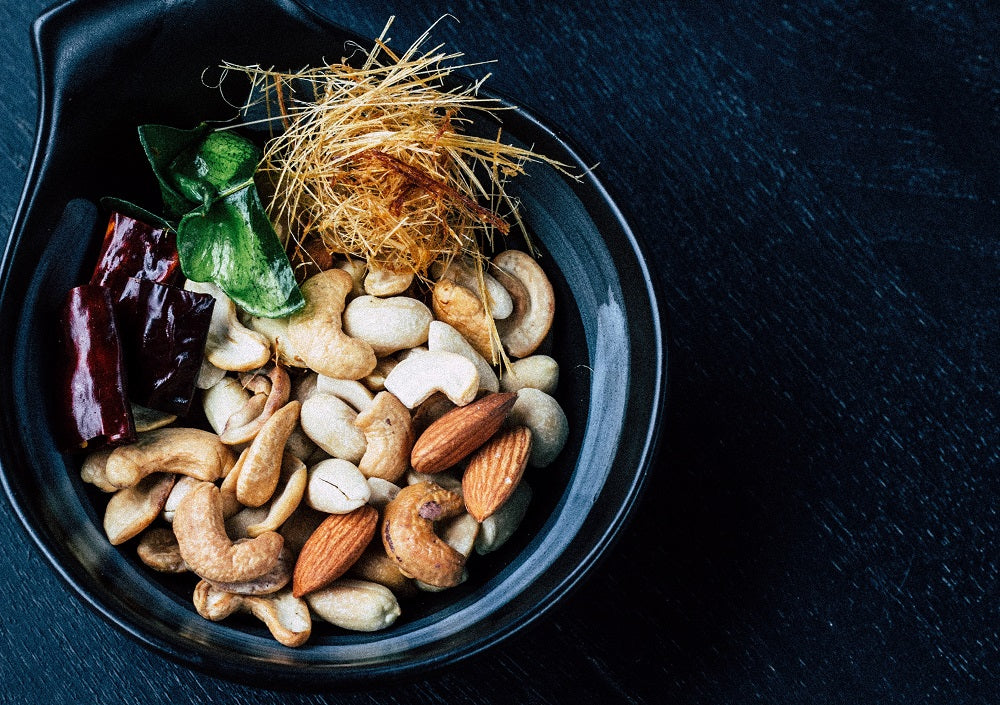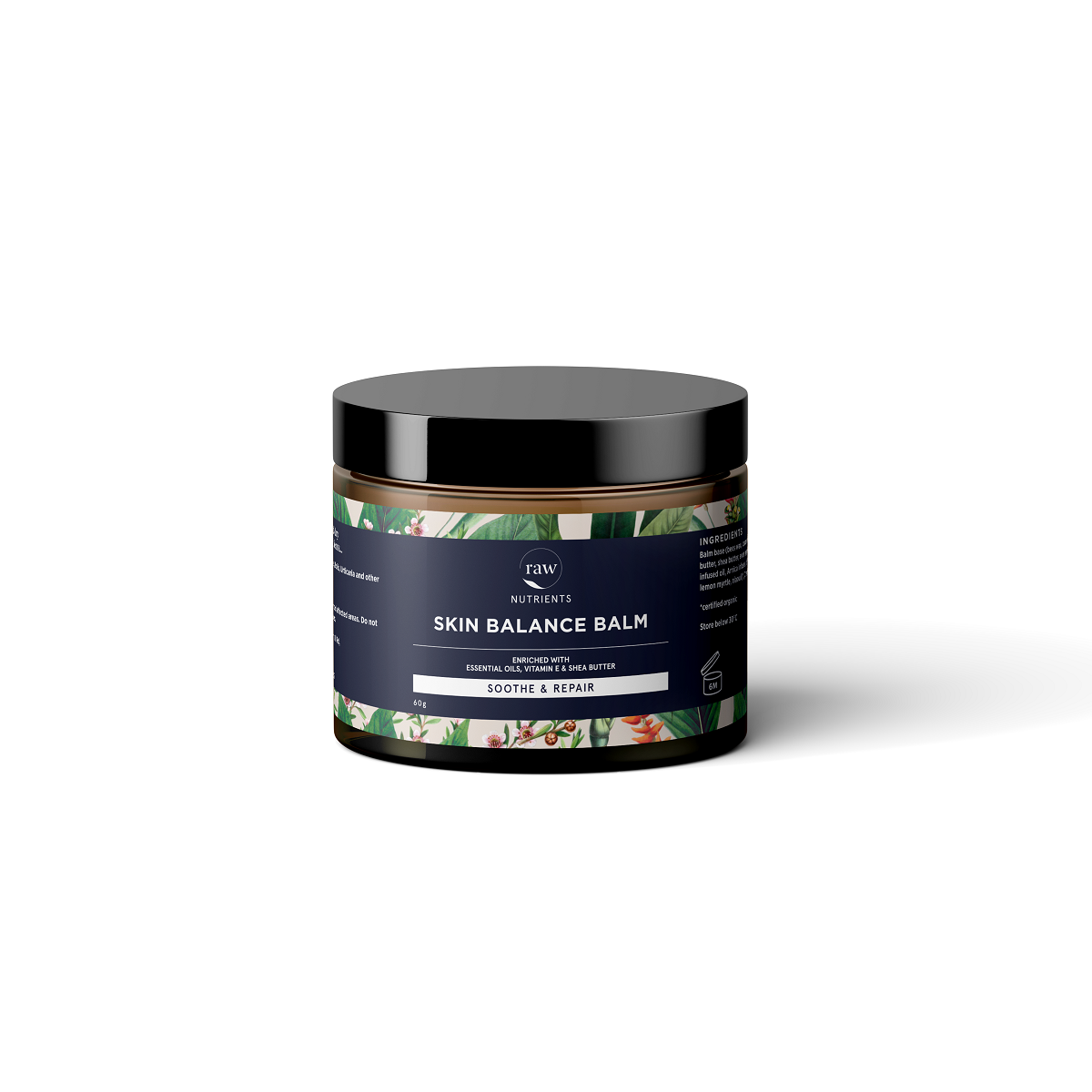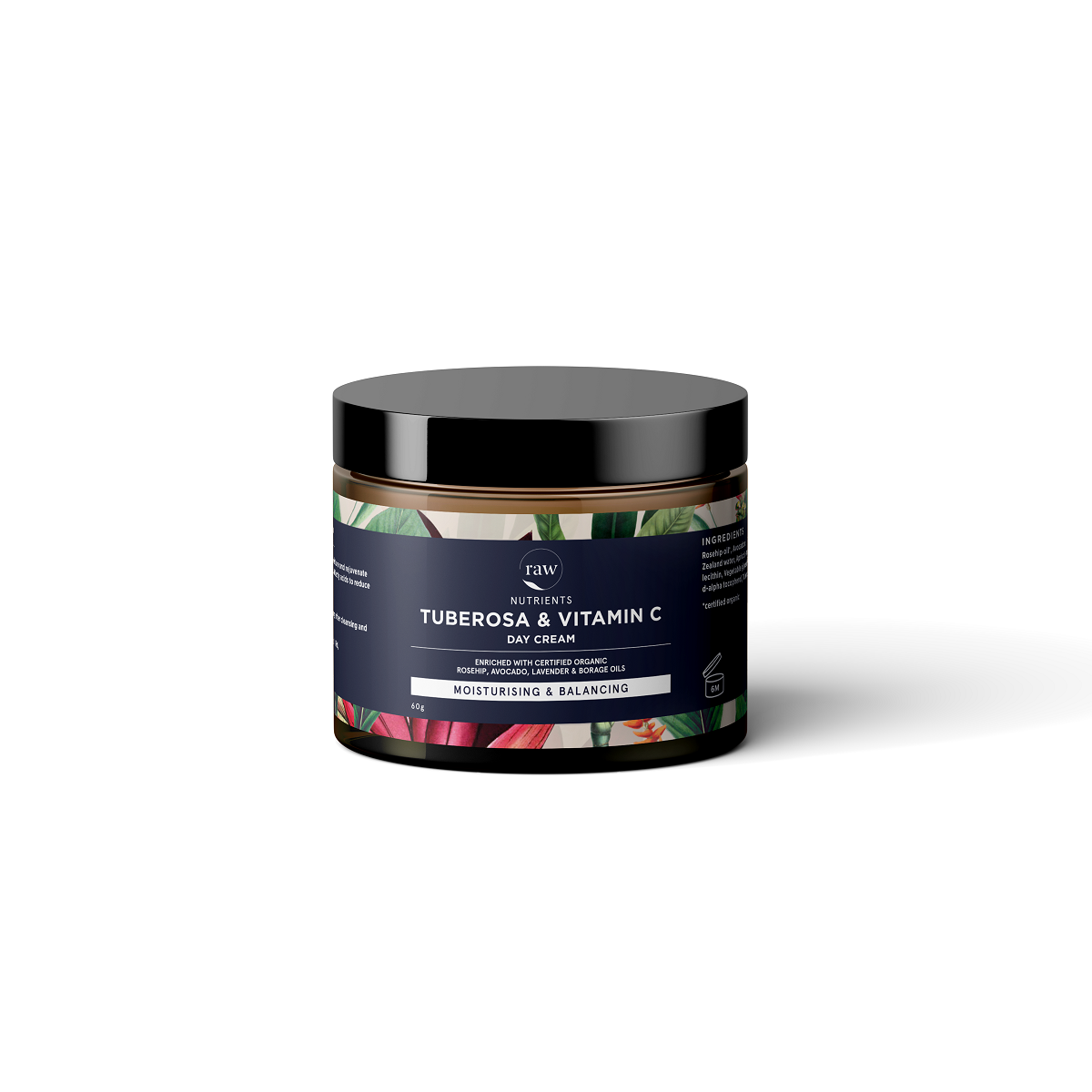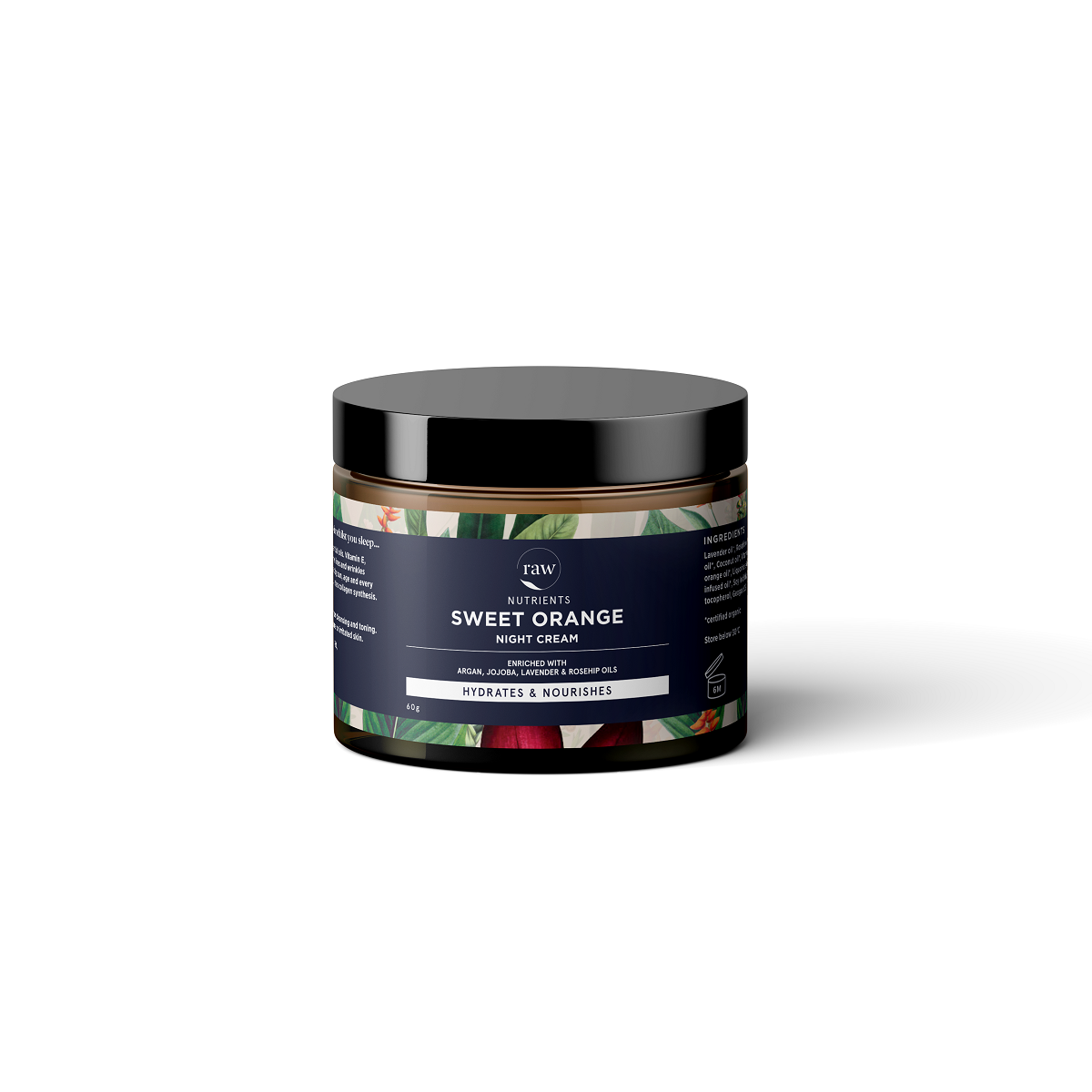-

Think about zinc!
Zinc plays many important roles in your body. This essential dietary mineral is involved in metabolism processes, hel...
-

Magnesium; Are We Consuming Enough?
There is widespread magnesium deficiency, and given the importance of magnesium in the body, it is but essential to r...
-

Probiotics; When & how do they work best?
Your gastrointestinal system comprises different microorganisms. The gut bacteria play a vital role in the health and...
-

Vitamin C; How does it benefit wellness?
Vitamin C has gained popularity as an antioxidant. However, research claims that it can act as both an antioxidant an...

How a plant based diet can improve cardiovascular health hugely
Cardiovascular disease has become a global epidemic, with one in four deaths from heart ailments around the world. 1 Food habits and lifestyle determine and influence heart health. Your heart failure risk increases when your diet lacks plant food. If you indulge in processed food, meat, sugary beverages, and fried snacks, you have a higher risk of heart disease. On the other hand, a plant-based diet can lower the risk of heart failure by 41 percent. 2 It is possible to prevent almost half of cardio-metabolic deaths, reduce risk of type 2 diabetes, obesity, and metabolic syndrome through a plant-based diet. Diets based on plants help lower blood lipid profile, blood pressure, and platelet aggregation.
Why You Should Eat a More Plant-Based Diet
Eating more plant-based foods can help:
- Reduce inflammation – Plant foods reduce serum levels of inflammation, which, if elevated, tend to raise heart failure risk. 3
- Induce weight loss – Plant foods are correlated with a lower BMI, which, if higher, is associated with cardiovascular disease. 4
- Lower cholesterol – High cholesterol is often caused by fatty foods. A plant-based diet is linked with low fat and thus low cholesterol. 5
- Prevent and reverse atherosclerosis - Atherosclerosis is associated with indulgence in a high-fat diet. A plant-based diet is linked with reversal of atherosclerosis. 6
- Reduce the risk of heart disease - Plant-based foods benefit heart health due to the dietary fiber content. A plant-based diet also comprises phytonutrients, which play a beneficial role in lowering inflammation and oxidative stress. 7
Focusing on several population-based studies, a research report corroborates the fact that a plant-based diet is beneficial for cardiovascular health. 8 These studies demonstrate an inverse relationship between a plant-based diet and a risk of heart failure. The research also emphasises other health benefits of plant-based foods, such as reduced risk of obesity.
When choosing a plant diet for heart health, your focus should be on the quality of foods. Try including colorful fruits and vegetables in your diet such as pears, apples, grapes, raisins, and blueberries,. The more fruits in your diet, the lower the risk of hypertension or high blood pressure. 9.
How Does a Plant-Based Diet Boost Heart Health
· Lowers Chances of Plaque Buildup
Plants are a rich source of dietary fiber and phytonutrients compared to animal products that are high in cholesterol and saturated fat. The consumption of animal foods is more likely to result in plaque buildup and atherosclerosis. On the other hand, one of the best things about a plant-based diet is that there is little saturated fat, no dietary cholesterol, and abundant dietary fiber. 10
· Fights Inflammation, Lessens Stress on Heart
A plant-based diet for heart disease helps reduce inflammation and oxidative stress. Inflammation is one of the major risk factors in heart failure and cancer. A change in dietary patterns to include plant-based foods may bring down serum concentration of inflammatory biomarkers. Excess visceral fat accumulated from animal food induces dysregulation of biomarkers, which results in a pro-inflammatory response and increases insulin resistance. 11
· Reduces Fat Intake, Heart Attack Risk
Fat accumulation is often associated with cardiovascular disease and increases the concentration of other inflammatory biomarkers. Fat-based diets, especially animal fat, are rich in saturated fat and cholesterol. High saturated fat and cholesterol from foods can result in plaque buildup in the arteries. As a result, there is improper blood circulation, raising the risk of cardiovascular disease and heart attack. 12
Making meals colorful helps improve your nutrient intake. It makes the platter look more appealing. Adding a variety of colored vegetables will improve their appeal while adding much-needed nutrition to your diet. You may try making spinach, greens, tomatoes, beetroot, yellow peppers, broccoli, carrots, peas, bell pepper, and corn a part of your regular diet.
- Research reveals that colorful plates are appealing and influence your perception of foods. 13
- A diet rich in plant foods, especially potassium, helps manage blood pressure.
- A diet rich in fiber helps lower cholesterol. 14
· Protects Against Heart Failure
Several cross-sectional studies recommend a greater consumption of fruits and vegetables for those at a high risk of heart failure. Some of the benefits of plant diet for heart health for those at risk of stroke or heart failure include:
- Reduced inflammation
- Decreased oxidative stress
- Better functional capacity
- Improved ejection fraction
All in all, a plant-based diet can significantly improve your quality of life, promoting better cardiovascular health, helping with weight management, and keeping HbA1c levels low. 15
According to a recent analysis, about 45.5% of cardio-metabolic deaths occur due to poor dietary choices. A high intake of diet rich in sodium and saturated fat from processed meat products and low intake of greens, vegetables, and fruits is blamed for these deaths. 16
Plant Diet for Heart Health and Reversal of Atherosclerosis
Planned vegetarian meals are effective for weight and glycemic control, help with cardiovascular health and provide cardio-metabolic benefits. Research reveals that a plant-based diet even helps reverse atherosclerosis and reducing blood lipids and blood pressure. 17
Clinical trials show that a low-fat, plant diet combined with regular exercise helps with the reversal of atherosclerotic plaque. It has been observed that risk factors associated with cardiovascular disease are not too common among people on a vegetarian diet. Another study substantiates the fact that the risk of coronary heart disease is lower in vegetarians compared to non-vegetarians and meat eaters. 18
Body mass index is one of the deciding factors in your risk of obesity and cardiovascular disease. Vegetarians have a lower body mass index, which tends to increase with increasing consumption of animal fat. 19
Another study finds positive effects of a vegetarian diet. The study reported the lowest BMI among vegans and highest among non-vegetarians. 20 When you reduce the consumption of animal fat, the average yearly weight gain is reduced.
Conclusion
When a diet contains little to no meat, there is slow absorption of the heme iron in the body. Contrarily, iron in animal fat, particularly meat, is speedily absorbed. When too much iron builds up in a person on an animal-based diet, it tends to impair antioxidant defenses, resulting in excessive oxidative stress and oxidation of bad cholesterol, causing serious damage to tissues, cells, and DNA. Too much oxidative stress is associated with the development and progression of metabolic syndrome. It is also linked with tissue-damaging inflammation, raising your risk of heart disease.
Plant foods, particularly legumes, are a natural source of bioactive nutrients that provide an excellent defense against disease. It has been observed that plant-based diets for heart health help prevent your body from chronic degenerative diseases. This means your risk of oxidative stress and inflammation is reduced significantly from a vegetarian or vegan diet.
Plant-based diets provide the body with essential antioxidants and help prevent your body's resistance to insulin, hypertension, metabolic syndrome, and impaired glucose metabolism.
References
1 NCHS, CDC. Heart Disease Facts, 28 Nov. 2017. Retrieved from www.cdc.gov/heartdisease/facts.htm.
2 Lara, Kyla M., et al. (2019). Dietary Patterns and Incident Heart Failure in U.S. Adults Without Known Coronary Disease. Journal of the American College of Cardiology. 73 (16), 2036–2045, doi:10.1016/j.jacc.2019.01.067.
3 Watzl B. (2008). Anti-inflammatory effects of plant-based foods and of their constituents. Int J Vitam Nutr Res. 78(6):293-8. doi: 10.1024/0300-9831.78.6.293.
4 Turner-McGrievy, G., Mandes, T., and Crimarco, A. (2017). A plant-based diet for overweight and obesity prevention and treatment. Journal of Geriatric Cardiology. 14(5). 369–374. doi: 10.11909/j.issn.1671-5411.2017.05.002
5 Najjar, R., Moore, C., Montgomery, B. (2018). Consumption of a defined, plant-based diet reduces lipoprotein(a), inflammation, and other atherogenic lipoproteins and particles within 4 weeks. Clinical Cardiology. 41(8). 1062-1068. doi: 10.1002/clc.23027.
6 Tuso, P., Stoll, S., and Li, W. (2015). A plant-based diet, atherogenesis, and coronary artery disease prevention. The Permanente Journal. 19(1). 62-7. doi: 10.7812/TPP/14-036.
7 Hever, J. (2016). Plant-based diets: A physician's guide. The Permanente Journal. 20(3). 15-082. doi: 10.7812/TPP/15-082.
8 Choi, E., Allen, K., McDonnough, M., Massera, D., Ostfeld, R. (2017). A plant-based diet and heart failure: case report and literature review. Journal of Geriatric Cardiology. 14(5): 375–378. doi: 10.11909/j.issn.1671-5411.2017.05.003.
9 Rosario, R. (2018). Fruit, vegetable consumption and blood pressure in healthy adolescents: a longitudinal analysis from the LabMed study. Nutrition, Metabolism, and Cardiovascular Disease. 28(10). 1075-1080. doi:10.1016/j.numecd.2018.05.014.
10 Chen, Z. (2018). Plant versus animal based diets and insulin resistance, prediabetes and type 2 diabetes: the Rotterdam Study. European Journal of Epidemiology. 33(9): 883–893. doi: 10.1007/s10654-018-0414-8.
11 Moreno-Fernández, S., et al. (2018). High fat/high glucose diet induces metabolic syndrome in an experimental rat model. Nutrients. 2018 Oct; 10(10): 1502. doi: 10.3390/nu10101502.
12 Naghedi-Baghdar, H. (2018). Effect of diet on blood viscosity in healthy humans: a systematic review. Electronic Physician. 10(3): 6563–6570. doi: 10.19082/6563.
13 Akyol, A., Ayaz, A., Inan-Eroglu, E., Cetin, C., and Samur, G. (2018). Impact of three different plate colours on short-term satiety and energy intake: a randomized controlled trial. Nutritional Journal. 17: 46. doi: 10.1186/s12937-018-0350-1.
14 Gunness, P. and Gidley, M. (2010) Mechanisms underlying the cholesterol-lowering properties of soluble dietary fibre polysaccharides. Food & Function. 1(2). 149-55. doi: 10.1039/c0fo00080a.
15 Utami, D. and Findyartini, A. (2010). Plant-based diet for HbA1c reduction in type 2 diabetes mellitus: an evidence-based case report. Acta Medica Indonesiana. 2018 Jul;50(3):260-267.
16 Kahleova, H., Levin, S., and Barnard, N. (2017). Cardio-Metabolic Benefits of Plant-Based Diets. Nutrients. 9(8). 848. doi: 10.3390/nu9080848.
17 Allen, K., Gumber, D., and Ostfeld, R. (2019). Heart failure and a plant-based diet. a case-report and literature review. Frontiers in Nutrition. 6. 82. doi: 10.3389/fnut.2019.00082.
18 Kahleova, H., Levin, S., and Barnard, N. (2017). Cardio-Metabolic Benefits of Plant-Based Diets. Nutrients. 9(8). 848. doi: 10.3390/nu9080848.
19 Rizzo, N., Jaceldo-Siegl, K., Sabate, J. and Fraser, G. (2013). Nutrient Profiles of Vegetarian and Non Vegetarian Dietary Patterns. Journal of the Academy of Nutrition and Dietetics. 113(12): 1610–1619. doi: 10.1016/j.jand.2013.06.349
20 Kahleova, H., Levin, S., and Barnard, N. (2017). Cardio-Metabolic Benefits of Plant-Based Diets. Nutrients. 9(8). 848. doi: 10.3390/nu9080848.
You might be interested in...
Raw Resources
Read About the Science Behind the Supplements







